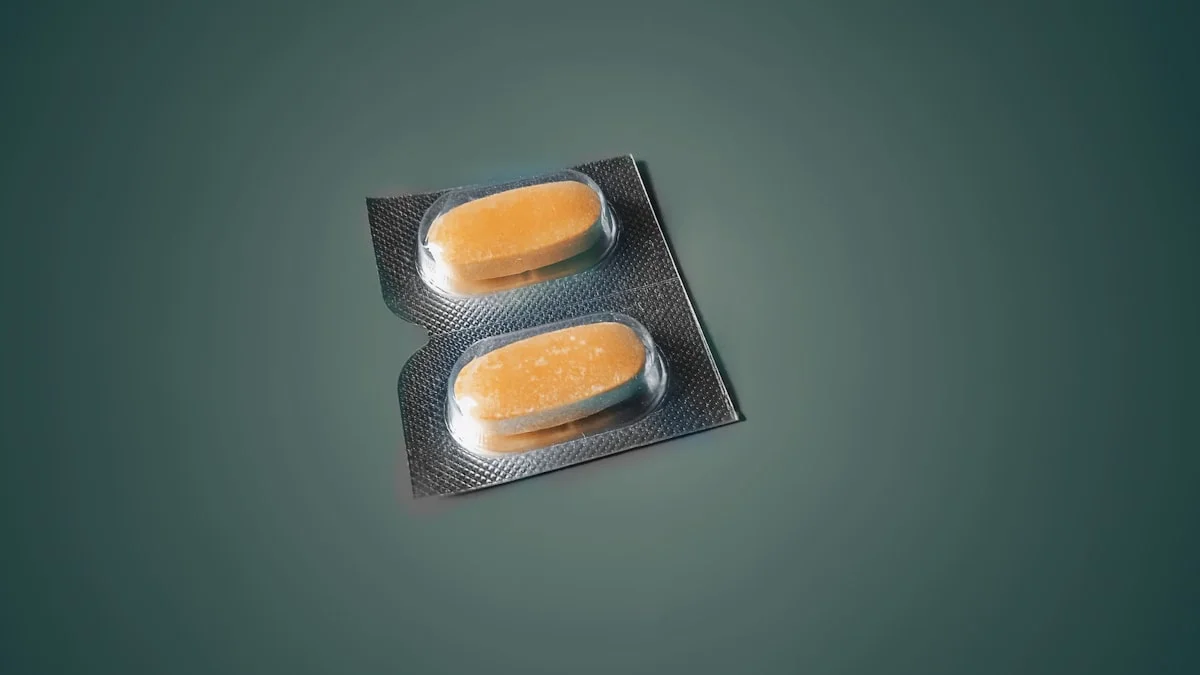Introduction
Bipolar disorder is a complex mental health condition characterized by extreme mood swings, including emotional highs (mania or hypomania) and lows (depression). Managing bipolar disorder often requires a combination of therapy and medication. Over the years, the FDA has approved several medications to help stabilize mood and reduce symptoms. Recently, new treatments have emerged, offering hope for better management of this condition. In this blog post, we will explore the newest bipolar medications approved by the FDA, their mechanisms, benefits, and potential side effects.

Understanding Bipolar Disorder and Treatment Options
Bipolar disorder affects millions of people worldwide, and finding the right medication can be a challenging process. Traditional treatments include mood stabilizers, antipsychotics, and antidepressants. However, not all patients respond well to these options, leading researchers to develop newer, more targeted therapies. The FDA’s approval of recent medications reflects advancements in understanding the neurobiology of bipolar disorder and the need for more effective treatments.
Why New Medications Matter
New medications for bipolar disorder are crucial because they offer alternatives for patients who have not found relief with existing drugs. Some individuals experience intolerable side effects, while others may not respond adequately to traditional treatments. The newest FDA-approved medications aim to address these gaps, providing better efficacy, fewer side effects, and improved quality of life for patients.
Newest FDA-Approved Bipolar Medications
In recent years, the FDA has approved several medications specifically for bipolar disorder or expanded the use of existing drugs to include bipolar treatment. Below, we discuss some of the most notable additions to the treatment landscape.
Lumateperone (Caplyta)
Lumateperone, marketed under the brand name Caplyta, received FDA approval in 2021 for the treatment of bipolar depression in adults. This medication is an atypical antipsychotic that works by modulating dopamine, serotonin, and glutamate receptors. Clinical trials have shown that lumateperone can significantly reduce depressive symptoms in bipolar patients without causing weight gain or metabolic issues, which are common side effects of other antipsychotics.
One of the advantages of lumateperone is its once-daily dosing, which improves adherence. However, like all medications, it may cause side effects such as drowsiness, dry mouth, and nausea. Patients should work closely with their healthcare providers to monitor their response to the medication.
Cariprazine (Vraylar)
Cariprazine, sold as Vraylar, was initially approved for schizophrenia and manic or mixed episodes associated with bipolar disorder. In 2019, the FDA expanded its approval to include the treatment of depressive episodes in bipolar I disorder. Cariprazine is a dopamine and serotonin receptor partial agonist, which helps stabilize mood without overstimulating or overly sedating the patient.
Studies have demonstrated that cariprazine can effectively reduce symptoms of both mania and depression in bipolar patients. Common side effects include restlessness, nausea, and insomnia. Its unique mechanism of action makes it a valuable option for patients who do not respond to other medications.
Lurasidone (Latuda)
Lurasidone, known by the brand name Latuda, has been used for years to treat schizophrenia and bipolar depression. In 2020, the FDA approved a new formulation of lurasidone for pediatric patients with bipolar depression, expanding its use to younger populations. Lurasidone works by blocking serotonin and dopamine receptors, which helps regulate mood.
This medication is particularly beneficial because it has a lower risk of weight gain compared to other antipsychotics. Side effects may include drowsiness, dizziness, and mild gastrointestinal issues. Its approval for adolescents provides an additional treatment option for a demographic that often has limited choices.
How These Medications Compare to Older Treatments
The newest bipolar medications offer several advantages over older treatments. Traditional mood stabilizers like lithium and valproate, while effective, often come with significant side effects such as weight gain, thyroid dysfunction, and kidney issues. Newer medications like lumateperone and cariprazine aim to provide similar or better efficacy with a more favorable side effect profile.
Another key difference is the targeted approach of newer drugs. Older medications often have broad mechanisms of action, affecting multiple neurotransmitter systems. In contrast, newer drugs are designed to act more selectively, reducing unwanted side effects while still providing therapeutic benefits.
Personalized Treatment Approaches
With the availability of newer medications, healthcare providers can now offer more personalized treatment plans for bipolar disorder. Patients who experience severe depressive episodes may benefit from lumateperone or cariprazine, while those with mixed episodes might find lurasidone more effective. The ability to tailor treatment to individual needs represents a significant advancement in bipolar care.
Potential Side Effects and Considerations
While the newest bipolar medications are promising, they are not without risks. All medications carry the potential for side effects, and patients must be monitored closely. Common side effects of newer antipsychotics include drowsiness, dizziness, and mild gastrointestinal discomfort. More serious but rare side effects may include metabolic changes, movement disorders, or increased suicidal thoughts in some individuals.
Patients should discuss their medical history and any concerns with their healthcare provider before starting a new medication. Regular follow-ups are essential to ensure the treatment is working as intended and to adjust dosages if necessary.
Conclusion
The FDA’s approval of new bipolar medications marks an important step forward in mental health treatment. Drugs like lumateperone, cariprazine, and lurasidone offer hope for patients who have struggled with traditional therapies. These medications provide targeted action, fewer side effects, and improved quality of life for many individuals with bipolar disorder.
As research continues, we can expect even more innovative treatments to emerge. For now, patients and healthcare providers have more tools than ever to manage bipolar disorder effectively. If you or a loved one is living with bipolar disorder, consult a healthcare professional to explore whether these new medications might be a suitable option.



